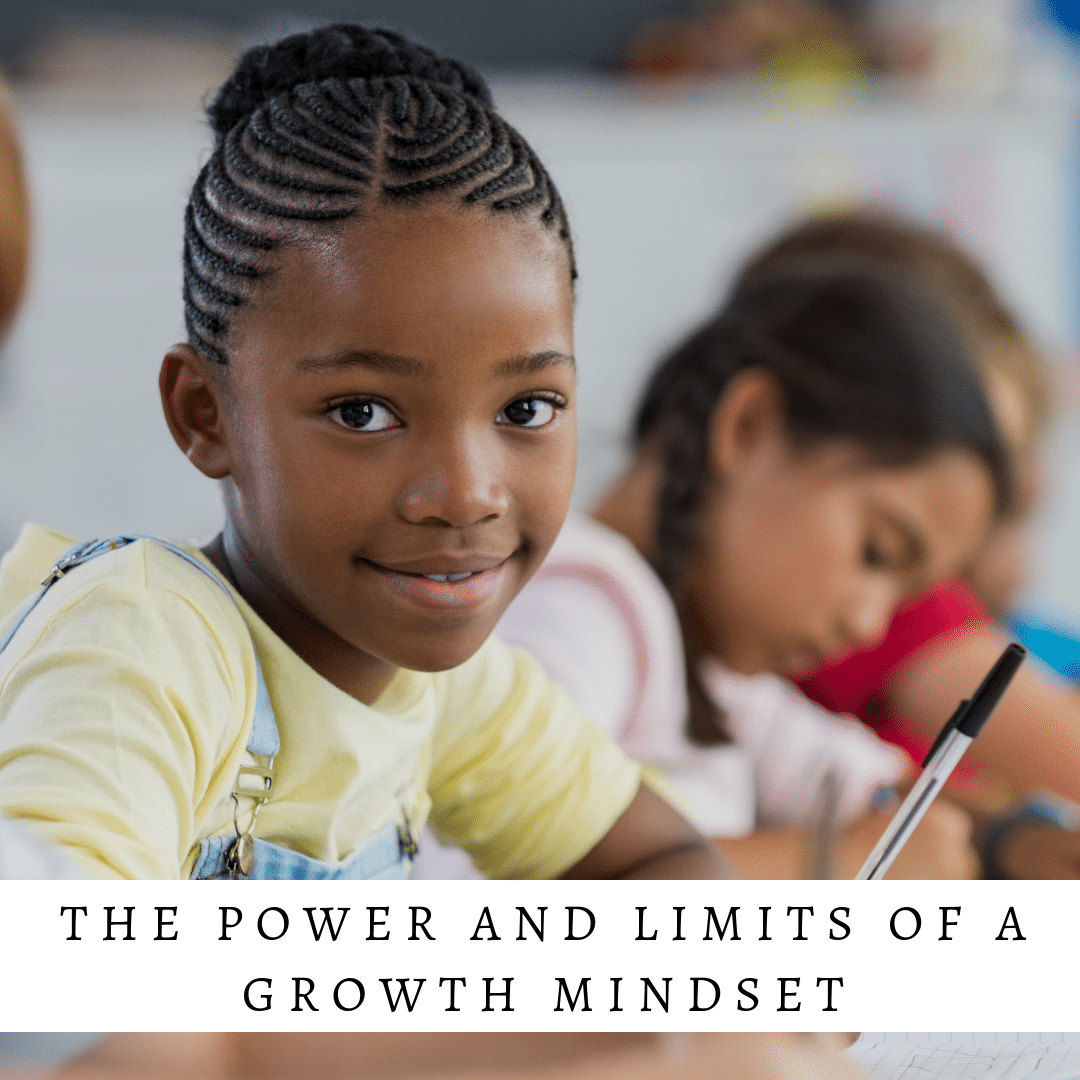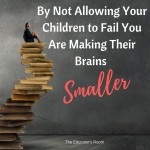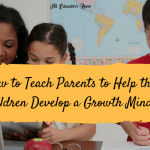Like a lot of teachers, I’ve been spending a lot more time thinking and teaching about growth mindset lately. In recent years, growth mindset and its companion, “grit,” have pretty much invaded every educational space. In fact, you can find plenty of articles and resources related to growth mindset right here on The Educator’s Room. Last July, I began learning how to play the guitar. I wanted to use it as a way to model the growth mindset for my students and to learn about myself as a learner in the process. I’ve learned a lot since last summer, but my biggest takeaway is this: Growth mindset is a powerful and important part of learning, but it is not a silver bullet for achievement.
Modeling a Growth Mindset in My Classroom
I brought my guitar into class for the first time last September. I knew a few chords, but I was mostly learning simple songs played using tabs instead of chords. I played my way through Beethoven’s Ode to Joy very poorly. A few kids laughed. It went exactly as I had hoped.
Afterward, we discussed how to make our classroom a safe space for risk-taking and learning (i.e. not laughing at other’s mistakes). I gave the kids a chance to give me feedback. We made a plan to get better (practice every night at home). I committed to this plan and came back a few months later. This time I wasn’t perfect, but I was noticeably better. Better enough to get polite applause from my 5th graders.
I have found that modeling a growth mindset, and keeping this conversation front and center, has had a powerful impact on the learning culture in my classroom. In addition to my guitar playing, YouCubed.org’s Week of Inspirational Math has been a vital part of setting up this culture. This week, as several 5th graders struggled through a math task, I heard them say out loud, “My brain is growing!” This is an exciting and positive culture to be a part of! In addition to knowing mistakes are valuable, my kids have a better appreciation for the role of practice, feedback, and revision in their growth.
My Learning Reflections
As a learner myself, I have gained a better appreciation for all these concepts too. I have also gained more empathy for my students. Because some days I don’t want to practice. I especially don’t want to practice things that feel basic like warm-up drills or scales. There were also plenty of times I got frustrated, to the point of giving up for the day. Learning how to play the F chord nearly broke my spirit. It is only now, fourteen months into playing, that I can play this difficult chord with some consistency.
That said, when I’m able to step back and recognize my progress, it is extremely gratifying. With just a little practice, 10 – 15 minutes four to six days a week, I’ve steadily gotten better. I’m genuinely proud and excited about this progress.
Recognizing these obstacles and these rewards have been very illuminating for me as a teacher. We can’t just repeat “growth mindset” and “grit” at kids endlessly. We need to remember that it’s very human to get frustrated, bored, or tired with a task or a larger concept. It’s probably much more exceptional to work at something without ever once giving up. That’s why there’s only one Lebron James.
Practice and Persistence Aren’t Enough
But all my learning and progress didn’t just come as a result of practice and a growth mindset. Since July of last year, I’ve also had the benefit of a private teacher. I actually tried to learn the guitar years ago but eventually sold it without learning a thing. Learning on my own, or persisting through challenges independently, apparently was not my thing.
I have the benefit of a decent salary and a spouse who shares expenses with me. These factors allow me to invest in my own learning by seeing a guitar teacher 2 – 4 times a month. This is probably the biggest factor in my learning, not my growth mindset.
And for those of us that teach historically marginalized kids – Black, Native American, Latinx, immigrant, rural, poor – this is an important reminder. Growth mindset will not solve our nation’s inequity problems. Many people smarter than me have come to this conclusion already (see here, here, and here), but experiencing the ways my economic privilege impacted my learning firsthand as an adult learner (as opposed to the ways my racial and economic privilege benefited my education from birth through college and grad school…) was clarifying.
This concept that resources (e.g. Having time and money to pay a private guitar teacher) matter to learning and achievement is sometimes framed as the opportunity gap. Gloria Ladson Billings framed the lack of resources and quality education provided to poor communities of color as an “education debt.” I want to keep these frameworks in mind as I talk about growth mindset in my classroom. I want my students to believe in themselves and the power of failure. But I don’t want them to internalize the myth of American meritocracy.
The last few years, I have seen the power of a growth mindset in my classroom and my own learning. I have also seen its limits. Remembering these limits is profoundly important as we keep fighting for all of our children to receive the education they deserve.






